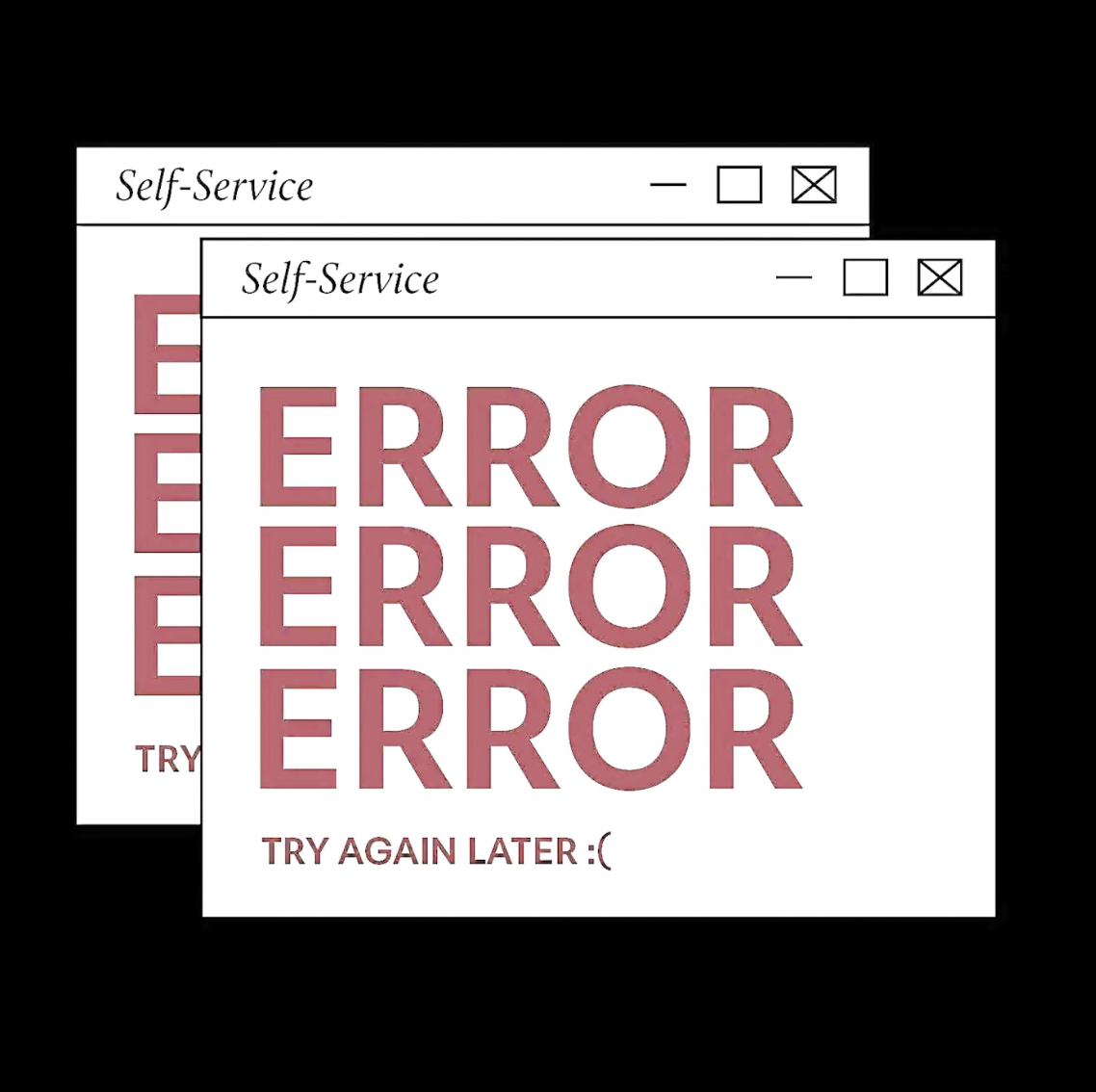“Never doubt that a small group of thoughtful, committed citizens can change the world. Indeed, it is the only thing that ever has.” American anthropologist Margaret Mead recognized the reality of change in the world – that vocal minorities, committed to achieving their goals and organized enough to do so effectively, are the driving force in politics. It is a lesson that we could do well to learn. Rather than raising our voices to complain about an issue, we should take active measures to try and change (or preserve) that which engages us.
The power of vocal minorities to effect change sometimes manifests in negative ways – special interests and lobbyists dominating policy discussions that have far-reaching consequences – but one can hardly disdain those who do so, because they are taking action. And this action has local roots – the “It’s Not Enough” campaign, which gathered signatures and engaged the administration and law enforcement on Tulane’s campus through official channels, has effected significant change and measurably increased the safety of the campus area.
It is very easy to complain about problems, and it is not always necessary to take action to change those things you complain about. After all, some subjects of complaint – other people, the weather – cannot be changed. But when a problem consistently brings us to raise our voice and fails to get resolved, than it is our obligation as citizens and as people to do our best to change it. You cannot do much about a chance stone upon the ground that hurts your foot, but you can and should do all you can about a thorn lodged in your sole.
We as a nation are not drowning in apathy, but we are drowning in distractions. Our phones, televisions and computers offer us a thousand ways to contact our friends and pipe in books, comics, shows and movies. The Romans relied on bread and circuses to keep their people content, and in the modern era we carry portable circuses wherever we go, with a thousand potential spectacles to let us forget about the things we should be working to change.
But the same technology that distracts us also provides us the means to get organized more easily and more effectively than at any time before. If one out of ten people shares your view and you have a hundred Facebook friends, you can instantly have ten supporters of a cause. You can share documents, information and schedules more quickly than at any time at history and can have access to more information and at greater speeds than our parents’ generation could have dreamed.
In the course of history, there has never been a society with so much time and so much unfettered access to the information necessary to effect change. The only thing preventing you from making the changes you want to see in the world is your own investment in the cause. If you have a thorn in your foot, it is insanity to leave it there. And if there is a cause that you absolutely must take up, then it is insanity to refuse to do so. As Mahatma Gandhi said, “You must be the change you wish to see in the world.”






